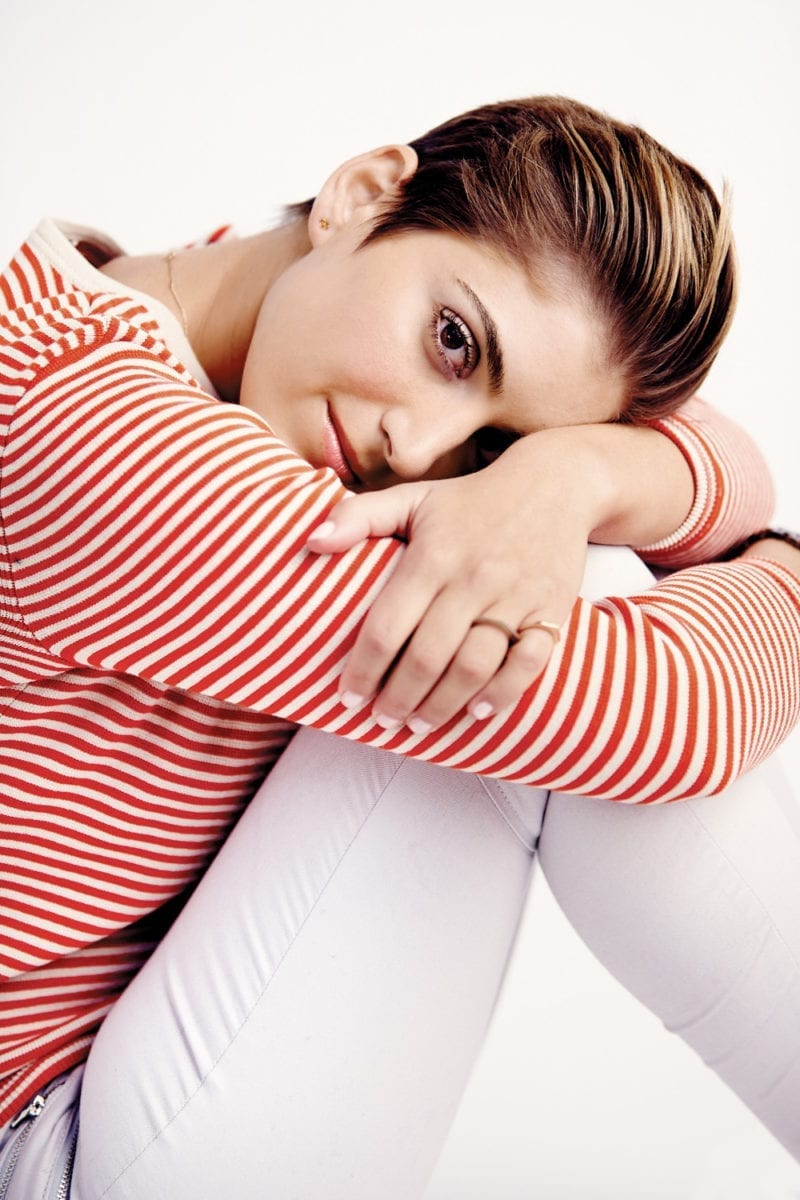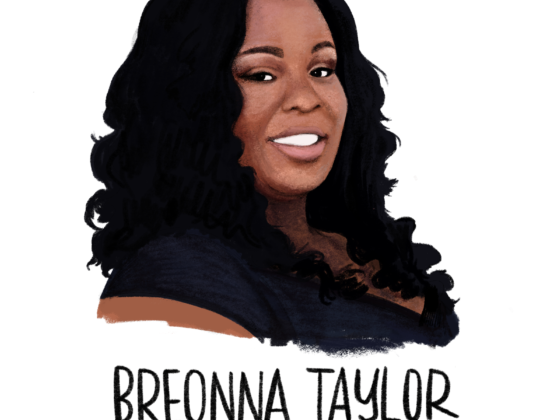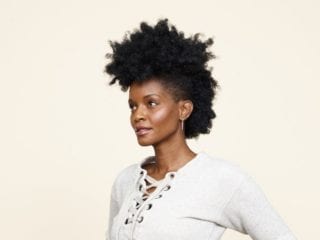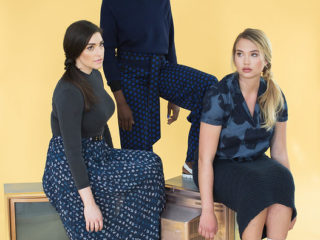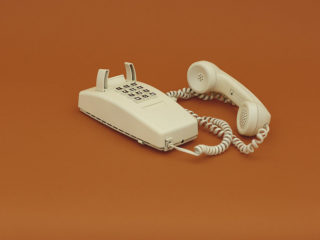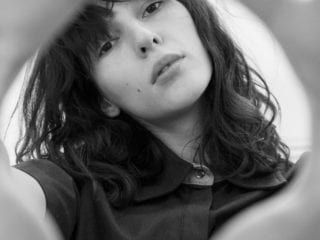I have always been athletic. I can’t remember a time when I was not training or conditioning my body for a specific sport. This continued throughout my college years, and to this day, moving my body is a main priority for me. It allows me to look after not only my physical health but my mental health as well.
While my training kept me in great physical shape, I naturally developed strong thigh muscles that I grew self-conscious of, especially in my teenage years. I was immobilized by the thought of how to achieve what society was telling me was an “ideal body.” For me, “ideal” meant long, ultra thin legs that graced the covers of magazines and billboards.
One thing I failed to realize was that almost everyone, even those with my “ideal body,” was looking elsewhere. They were always dreaming of a physical feature that they didn’t have. Just as I would tell my friends that I was jealous of them, they would express the same feelings toward me. I realized that my desire for an “ideal body” was all about how I appeared to other people. While on the other hand, my desire for a healthy body was all about investing in myself and my future.
My desire for an “ideal body” was all about how I appeared to other people.
For the first time in a long time, I do not want to change anything about my body. I only strive to become stronger and healthier, and whatever muscles I develop along the way are entirely welcome. Here are some things that helped me on my journey to loving my body.
Learn about internalized self-hatred.
It is important to remember that disapproval of our bodies is not ours, and it can be unlearned. Women specifically are conditioned, since birth, to disapprove of themselves. Women are taught that smaller is better and beauty is a priority. This not only applies to our physical appearances but to our beliefs as well. Women are expected to be polite, quiet and subdued, to almost apologize for our bodies.
I can recall trips to the girls’ bathroom in middle school and high school, standing in front of the mirror with a group of friends, and picking apart the things we disliked about our bodies. In many ways, dissatisfaction with our bodies has become a way that women bond. In order to love our bodies, we must confront those thoughts and discover ways to shift the narrative from what our bodies look like to what our bodies can do. Once we identify where these feelings of self-hatred originate, they become much easier to expel.
Dissatisfaction with our bodies has become a way that women bond.
Shift your perspective.
Our bodies are capable of doing glorious things. While I am a huge advocate for setting goals for our health, I also think that our bodies, just as they are, are miraculous. As involved as I was in the realm of athletics and competitive sports, I never realized that having muscle on my legs, specifically my thigh muscles, did not only enable me to run, but to run fast. I also never once stopped to realize that every moment I spend in my fully-abled body is an immense privilege.
One week my body allows me to go on a 10-mile run. Another day, my body is in need of rest and a day in bed. I have learned to be thankful for both. Starting each day with a few deep breaths and stretches and fully experiencing the sensations has allowed me to build a foundation of gratitude.
Focus on the small things. We should strive to appreciate, and even celebrate the simplest of actions that our bodies allow us to achieve.
We should strive to appreciate, and even celebrate, the simplest of actions that our bodies allow us to achieve.
Practice embodying yourself.
We live in a culture that is obsessed with our bodies and how we look. Yet, we remain disconnected from our senses. We remain distracted and struggle to be completely at home in our bodies. It feels as if today, more than ever, we should exercise our ability to fully embody the skin we are in, to reconnect with our senses and realize that developing a relationship with our bodies takes practice.
We should exercise our ability to fully embody the skin we are in.
Create something with your hands. Go for a run or learn a new dance. There are practices that we can incorporate into our daily rhythms that allow us to strengthen our connection with ourselves. Our bodies shouldn’t be constantly critiqued but celebrated, cherished and safeguarded.
In this current moment, how would you describe your relationship with your body? What is one small way you can care for your body today?
Image via William Hereford, Darling Issue No. 11

